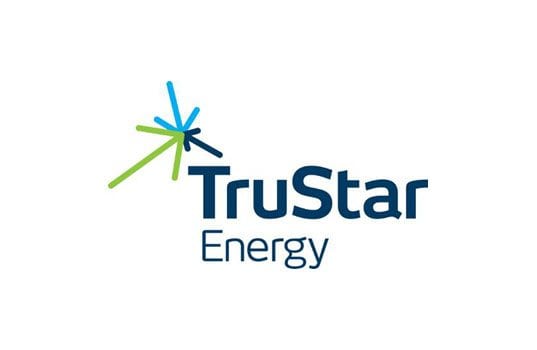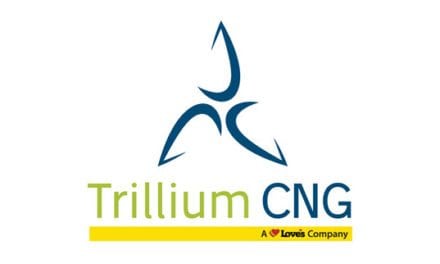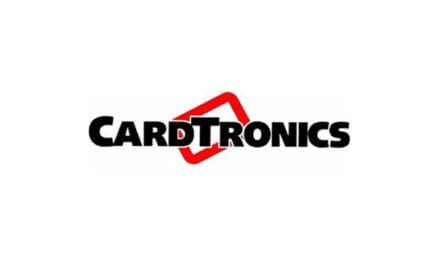Energy, a leader in providing compressed natural gas (CNG) solutions is pleased to announce the successful start up of Advanced Disposal’s newest CNG fueling station in Detroit, Michigan.
“This is the sixth station we’ve designed and built for Advanced Disposal and it’s always exciting to see a company expand their use of domestic CNG,” said TruStar Energy Vice President, Scott Edelbach. “Advanced Disposal was an early adopter of CNG and understands the benefits that clean-burning CNG provides, both economically and environmentally.” This station will support 56 new CNG-powered garbage trucks that will be used for the City of Detroit. The trucks will be used for weekly trash collection for 125,000 households.
“We’re excited for a number of reasons,” said Advanced Disposal Vice President for Procurement and Technology, Chad Marks. “This is our largest municipal contract startup to date, and the replacement of 56 diesel trucks with clean-burning CNG is great for the environment and the citizens of Detroit.”
The fueling station is designed to time-fill all 56 trucks simultaneously at night at Advanced Disposal’s Detroit location, which represents a significant manpower savings over fueling traditional diesel trucks. With the time-fill station design, drivers merely park their vehicles back in their yard upon completing their routes, ‘plug in’ the fueling nozzle, and walk away. When they return in the morning, their trucks are fueled and ready to hit the streets again.
TruStar Energy has historically focused on constructing “behind the fence” private stations. Over the past few years it has built approximately 60 such stations in the United States. TruStar Energy has recently expanded out to build owned and public/private fueling stations.
TruStar Energy has the capability of building 40 CNG stations per year and expects to double that capacity over the next few years. The company’s successful growth is being driven by being the preferred partner for companies desiring to convert their transportation fleets from diesel to CNG. Given the significant cost savings, “speed is of the essence” in order to capture these cost savings as quickly as possible.








